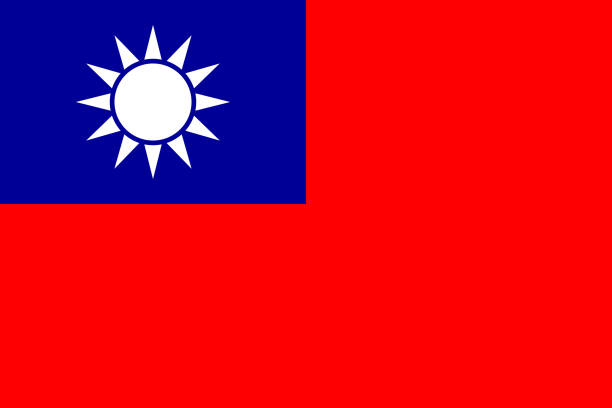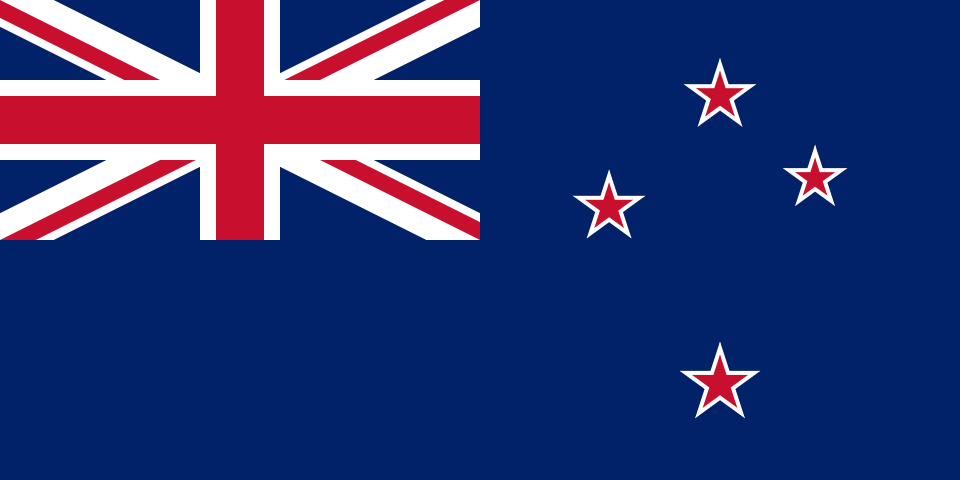The Minimum Wage Ordinance (MWO) is the law in Hong Kong that establishes a statutory minimum hourly wage for employees. Enacted in 2010 and implemented from 2011, this ordinance marked a significant step in Hong Kong’s labor policy by guaranteeing workers a minimum pay rate. The law’s purpose is to prevent unduly low wages and protect the earnings of grassroots workers, while maintaining Hong Kong’s economic competitiveness and employment levels. The Minimum Wage Ordinance (Cap. 608) requires employers to pay at least the prescribed minimum wage (SMW) to all covered employees and is periodically reviewed for adjustments.
Statutory Minimum Wage and Rates
Under the MWO, the Statutory Minimum Wage (SMW) applies as an hourly wage floor. Employers must ensure that for any wage period (say monthly), the average hourly wage of the employee is not less than the SMW rate. The SMW is reviewed every two years by a Minimum Wage Commission which recommends adjustments based on economic conditions, and the government then legislates the new rate if applicable.
• Current Rate: As of 1 May 2023, the SMW rate in Hong Kong is HK$40.0 per hour . This means for all hours worked, an employee must be paid at least $40 each. In 2023, the rate was raised from the previous $37.5. Notably, it has been further decided that effective 1 May 2025, the SMW will increase to HK$42.1 per hour , reflecting a policy shift to annual reviews for more frequent updates.
• Historical context: The minimum wage was first set at $28 per hour in 2011, then periodically increased: $30 (2013), $32.5 (2015), $34.5 (2017), $37.5 (2019, frozen through 2021), $40 (2023), and now $42.1 (2025) . Each adjustment is a balance between improving low-income workers’ earnings and consideration of the impact on businesses and employment.
The law spells out how to calculate wages for compliance. Essentially, within a wage period, if you divide the total wages payable by total hours worked, it must meet the SMW. Certain allowances or benefits may or may not count as “wages” for this calculation (for instance, tips might count, but discretionary bonuses or food provided might not – the details are in the law’s definition of wages, aligned with the Employment Ordinance definition).
Coverage and Exemptions
The Minimum Wage Ordinance covers almost all employees in Hong Kong – full-time, part-time, permanent, casual – regardless of whether they are paid hourly, daily, or monthly . Even employees under probation or short-term contracts are entitled to at least the minimum wage. Both local and foreign workers are covered if they are legally employed under a contract of employment in Hong Kong.
However, there are a few notable exemptions where the statutory minimum wage does not apply :
• Domestic Workers: Live-in domestic helpers (maids) are exempted from the minimum wage law . This was a policy decision recognizing that domestic helpers receive benefits like free accommodation and food, and the unique live-in nature of their job. This exemption has been somewhat controversial, but it remains in place. (It applies irrespective of nationality – mostly it affects migrant domestic workers from Philippines, Indonesia, etc., who instead have a separate government-set Minimum Allowable Wage).
• Student Interns: Students undergoing internship as part of academic requirement, or work experience students (under 26, working for short periods for exposure) are exempt during the period of internship/work experience attachment . This is to avoid deterring employers from offering internships and to recognize those are primarily learning experiences.
• Other Exempt Persons: Persons to whom the Employment Ordinance itself doesn’t apply (which are few categories like family members living with the employer, etc.) are also not covered by MWO . Additionally, certain apprentices or disability case exceptions could apply, but generally those are rare.
Outside these exemptions, all other employees must get at least the SMW. For example, security guards, cleaners, retail staff, F&B workers, etc., who often are in lower-paid categories, directly benefit from the law.
Employer Obligations and Compliance
Employers must adjust wages and/or working hours to ensure compliance whenever the SMW rate changes. Commonly, if an employee’s hourly wage falls below the SMW, the employer must increase it. If an employee is paid a monthly salary, the employer must be mindful of their total working hours; if they work very long hours, the effective hourly rate could dip below minimum wage, which would necessitate a salary top-up.
The law also introduced an obligation for employers to keep records of hours worked for employees whose wages do not exceed a certain monthly threshold. Currently, with the HK$40 rate, the monthly wage threshold was HK$16,300 (and will rise to HK$17,200 when the rate becomes $42.1) – below that, the employer must record actual hours worked . This is to enforce compliance (for higher-paid staff it’s presumed they are well above minimum wage, so detailed hour records aren’t mandated by MWO). Records must be kept for at least 7 years .
Failure to pay the minimum wage is an offence. Employers can face penalties (fines) and may be ordered to repay shortfall to employees. It also opens them to civil claims by underpaid employees. The Labour Department conducts inspections and investigates complaints regarding breaches.
Impact and Compliance Considerations
From an HR and business perspective, the statutory minimum wage has become a standard part of Hong Kong’s employment landscape. Employers in low-wage industries (such as retail, hospitality, cleaning, security) have had to budget for regular increases in the wage floor, and to ensure no employee’s pay falls below the legal minimum. While Hong Kong’s overall wage levels are relatively high by regional standards, the SMW provides a safety net for the lowest-paid workers and has gradually increased their living standards. Employers must remain vigilant with each rate adjustment – updating payroll systems and informing staff as needed. They must also maintain proper records: for any employee whose monthly pay is at or below the threshold (HK$16,300, rising to HK$17,200 in 2025), detailed hours-worked records are required by law . These records help demonstrate compliance (and must be kept for 7 years). Failure to pay at least the minimum wage can result in prosecution, fines, and an order to repay wage deficiencies .
The introduction of the Minimum Wage Ordinance was somewhat controversial among businesses initially, but over a decade on, it is an accepted norm. The government strives to balance worker welfare and economic factors in setting the rate. In recent moves, the government signaled intention to review the wage annually (instead of every two years), indicating a more proactive approach to maintaining the wage’s real value . Companies should thus anticipate more frequent adjustments. In summary, the MWO protects employees from unduly low pay and is a key piece of Hong Kong’s labor protections, with which all employers must strictly comply.






